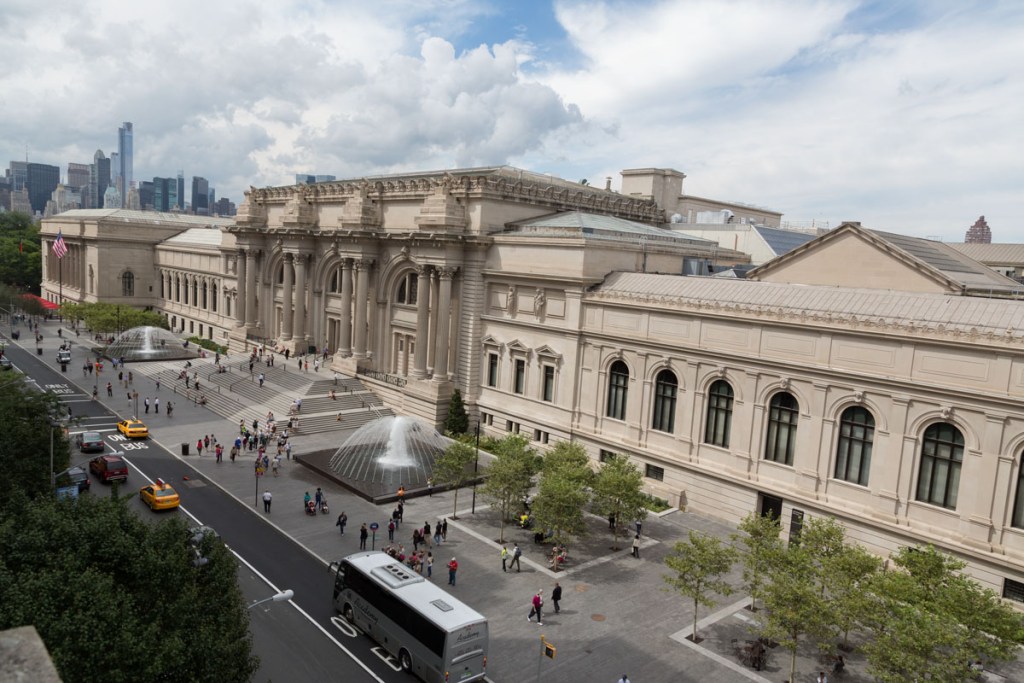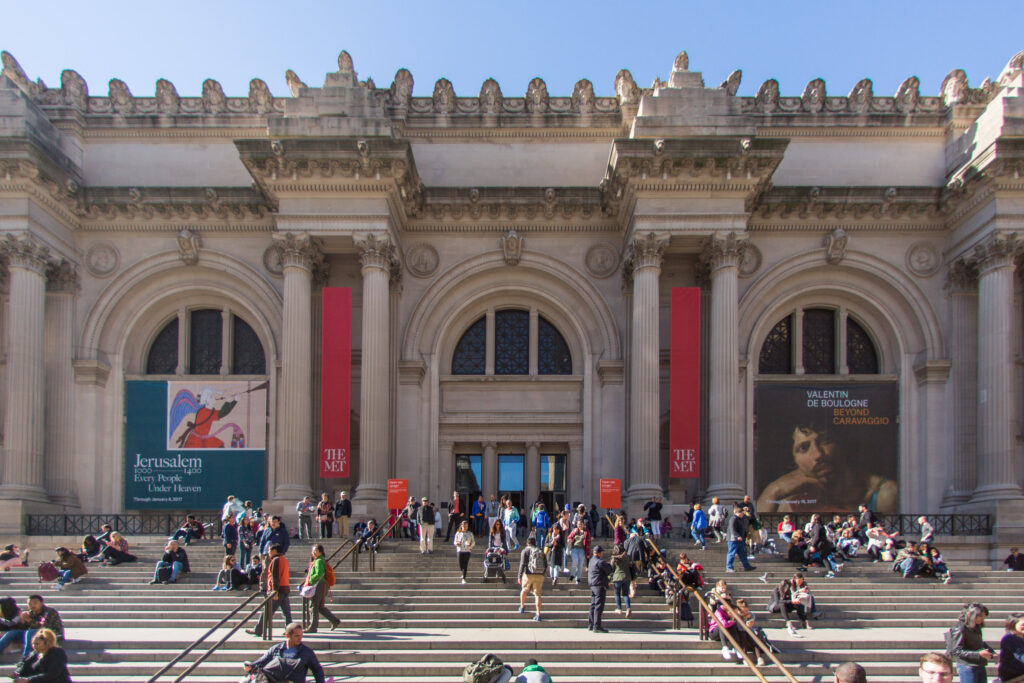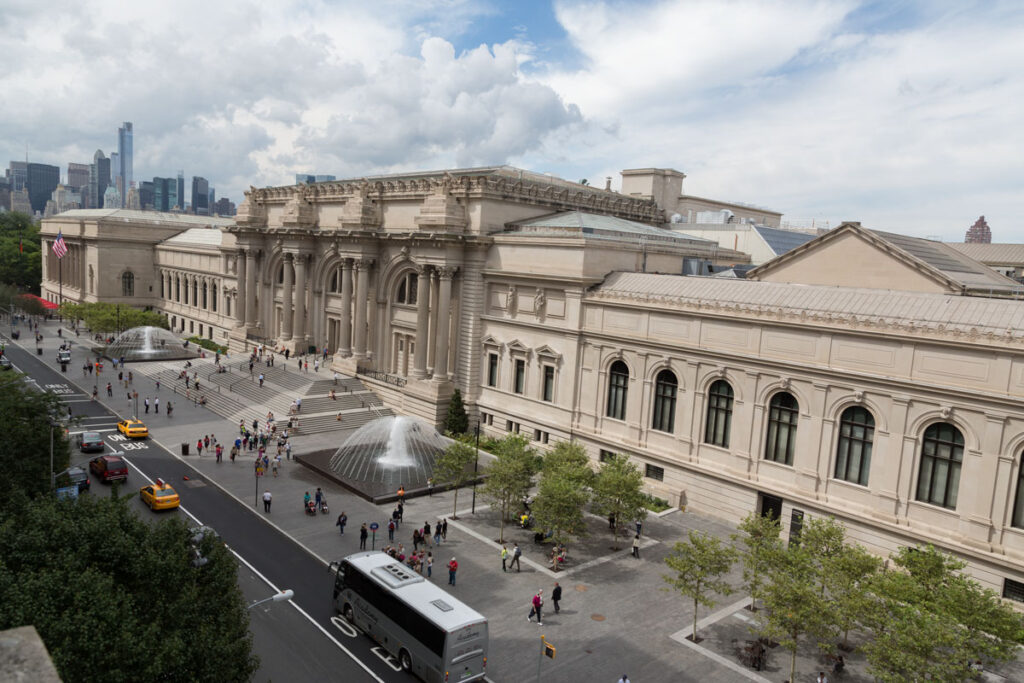Metropolitan Museum Removes Sackler Name From Its Galleries

Photo courtesy of The Metropolitan Museum of Art.
The Metropolitan Museum of Art in New York City has declared that the Sackler's family name be removed from its exhibition halls after years of no longer accepting their contributions. The statement was made earlier this month, amid mounting on-going criticism over Sackler's participation in the opioid crisis. Declaring the name be removed from seven exhibition spaces, including the wing that houses the Temple of Dendur; this is a progressive move and sets a great example for museums worldwide who've taken no action alike.
The synonymous owners of pharmaceutical company Purdue Pharma, which makes marketed opioids such as OxyContin, have stated that they were passing the torch on to anyone who might want to help the Museum after 50 years of its support. The announcement signals a dramatic breach in the relationship between the world's largest museum and one of its most generous donors.
The Sackler family's philanthropy stretches well beyond the Metropolitan Museum of Art. Others amongst their beneficiaries such The Tate museum network, the Serpentine Galleries, the Louvre, The Guggenheim Museum, have yet to disassociate themselves from the Sackler family in the wake of the global crisis - one of the direct and dramatic reflections of the turmoil taking place at cultural organizations over the source of their funding.

Photo courtesy of The Metropolitan Museum of Art.
Purdue Pharma was legally liquidated earlier this year following their agreement to pay billions of dollars to resolve legal claims arising from the opioid crisis. Last Thursday evening, however, a federal court dismantled a meticulously negotiated settlement between Purdue Pharma and hundreds of state, municipal, and tribal governments; filing a lawsuit against the manufacturer.
The proposal, according to Judge Colleen McMahon of the United States District Court for the Southern District of New York, was defective in one important area. The deal was scrapped because it exempted the company's owners, members of the rich Sackler family, from civil culpability in opioid-related lawsuits. It was also part of a Purdue reorganization plan approved by a bankruptcy judge in September. According to Court McMahon, the bankruptcy legislation does not clearly allow a judge to give such discharges. It was dubbed "the big unresolved question" by the court.
The Met however will keep the name of The Arthur M. Sackler Gallery located in the Asian wing, and the Marietta Lutze Sackler Gallery in the Modern and Contemporary wing, which will probably be retained after the renovation.

Photo courtesy of The Metropolitan Museum of Art.
Nan Goldin's Activism And Previous Examples Of Activism In The Arts Over Opioids
Many institutions indicated they would no longer accept presents from the family's members in the future, citing protests launched by artist Nan Goldin's P.A.I.N. Sackler organization. In 2018, the group brought awareness in the art world to the Sacklers' role in the US opioid crisis.
Nan Goldin is a photojournalist who overcame an OxyContin addiction and has organized protests at Sackler-funded institutes. In March 2018, she and her followers dropped empty pill bottles in the Temple of Dendur's Sackler Wing's reflecting pool.
With a group of artists, activists, and individuals dealing with addiction, Goldin launched the anti-Sackler advocacy organization P.A.I.N in 2017. The Met news "gratified" her on Thursday, she claimed. In a telephone interview, she added, "This doesn't truly alleviate the overdose epidemic, but at least it holds the source accountable. This is a necessary component of the transformation."
"We did it! - We wait for the other museums who carry their name to follow," Goldin remarked on Twitter.
The Met's decision to remove the Sackler name is noteworthy since other museums have refrained from doing so. This is due to factors such as contractual commitments and the unknown reaction of future contributors. In recent years, there has been an increasing outcry of opposition to trustees' and donors' commercial links.

